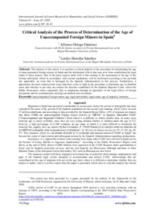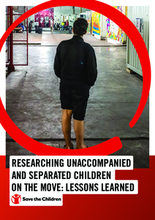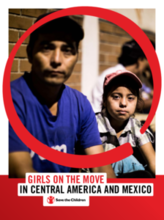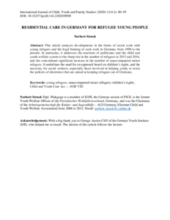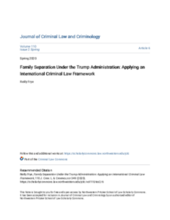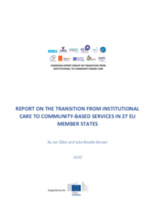Displaying 261 - 270 of 839
This is the first study that empirically investigates the associations between left-behind experience in childhood and the quality of employment in adulthood for young rural-to-urban migrants in China, a population known as new-generation migrants.
This study examined the mediating effect of psychological trait resilience on the relationship between protective factors from social network and self-esteem/depression of the left-behind children in China.
This study examined early trajectories for academic and social skills among four groups of rural, preschool-attending, children in the Guangdong province of China: Village children who remained in a rural village and lived with both parents, Migrant children who migrated with their work-seeking parents to live in an urban area, Partially-left-behind children who lived with one parent in a rural village while the other parent migrated to the city for work, and Completely-left-behind children who stayed in a rural village with relatives while both parents migrated to the city for work.
This report’s primary purpose is to recommend evidence-based strategies to improve the relevance and effectiveness of field interventions that target development outcomes for migrant girls in Southern Africa.
The purpose of this article is to perform a critical analysis of the procedure for determining the age of unaccompanied foreign minors in Spain and the detrimental effects that may arise from establishing the legal status of these minors.
This document presents the challenges met during research on informal practices of unaccompanied and separated children traveling the Balkans route and learnings from the process of overcoming these challenges.
The primary purpose of this report is to recommend evidencebased strategies to improve the relevance and effectiveness of field interventions that target development outcomes for girls on the move in Central America and Mexico.
This article analyzes developments in the forms of social work with young refugees and the legal framing of such work in Germany from 1990 to the present.
This Comment will propose a theoretical international criminal law response to the family separation that occurred in summer 2018.
The aim of this report was to collate information about policies and plans, changes over time, strengths and areas of concerns relevant to advancement in deinstitutionalisation in 27 EU countries and for six target groups: adults with disabilities, adults with mental health problems, children (including children with disabilities), unaccompanied or separated migrant children, homeless persons and older adults.


